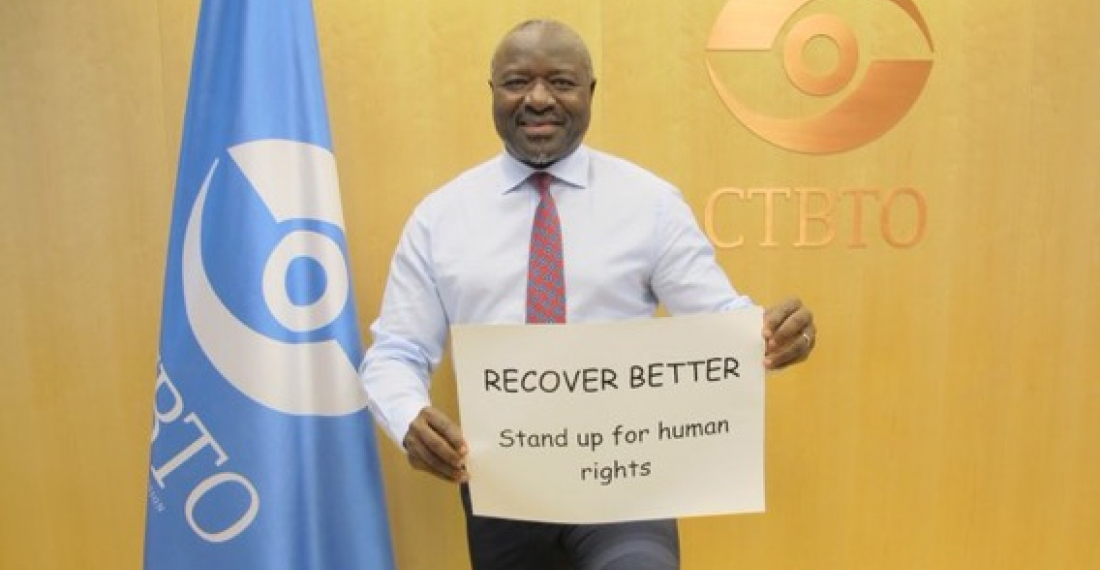Lassina Zerbo, a former UN official who oversaw the implementation of the nuclear test ban treaty, was appointed prime minister of Burkina Faso by presidential decree on Friday (10 December) in the evening.
His predecessor, Christophe Joseph Dabiré, resigned on Wednesday (8 December) evening, in the face of growing anger amongst the population against the authorities, who they blamed for being unable to stop the jihadist attacks plaguing the country since 2015. A new government will be formed in the coming days.
Zerbo, 58, was Executive Secretary of the Comprehensive Nuclear-Test-Ban Treaty Organization (CTBTO) from 2013 to August 2021. Little known to the general public, this doctor in geophysics has won several awards, including that of science diplomacy awarded in 2018 by the American Association for the Advancement of Science (AAAS).
His task at the head of the government will be considerable, as Burkina Faso has been facing a serious security crisis for several years. Like its Malian and Nigerien neighbours, the country has been caught since 2015 in a spiral of violence attributed to jihadist armed groups, affiliated with Al-Qaida and the Islamic State group, which have left at least 200 people dead and 1.4 million people displaced.







